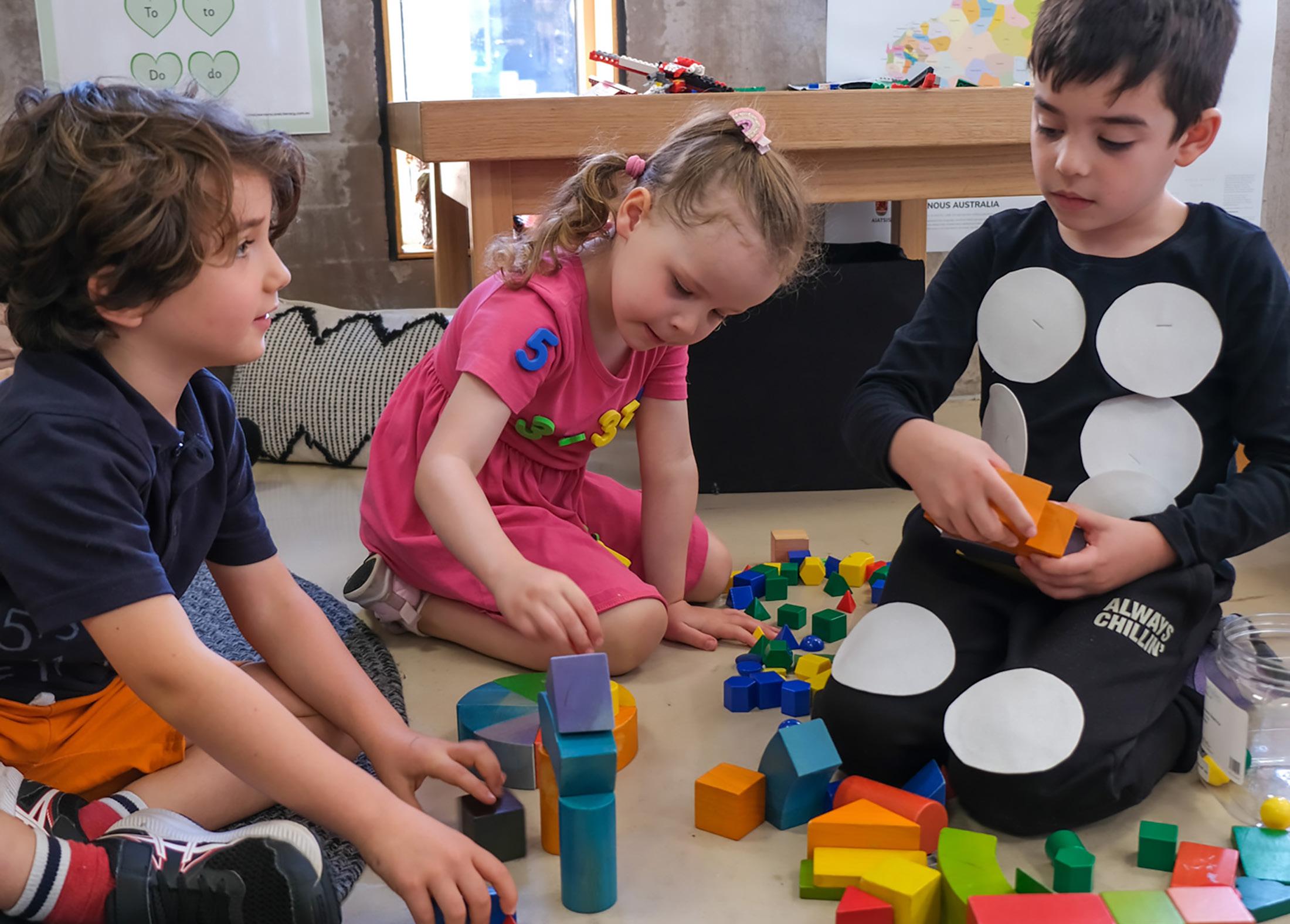
1 minute read
Mathematics for everyone
On Tuesday 14 March, St Michael’s students joined young learners around the world to celebrate International Day of Mathematics. The Junior School came alive with shapes, calculators and equations big and small! Students engaged in learning experiences with their classmates to further explore how mathematics helps them to make sense of the world around them.
The theme this year was ‘Mathematics for everyone’ and, at St Michael’s, our teaching approach embodies this simple but powerful theme. Students learn from their earliest experiences that they are all skilled and highly capable mathematicians. In the Junior School, teachers have explored the work of Professor Jo Boaler from Stanford Graduate School of Education. Boaler’s book, Mathematical Mindsets, incorporates neuroscientific research to reconsider approaches to mathematics teaching and learning.
Neuroplasticity describes the brain's ability to change and adapt based on experiences and learning. This means that our brains create new neural pathways and connections through learning, and importantly, by making mistakes.
Alexa (2M) explained that when she learns something new ‘a synapse fires in her brain, like electricity!’ Empowered with the knowledge of how their brains function, everyone is encouraged to see themselves as talented mathematicians who learn best through challenge. Young learners who discover neuroplasticity are more likely to adopt a growth mindset. A growth mindset is the understanding that an individual’s ability can be developed through effort and practice. Conversely, a fixed mindset is the belief that an individual’s ability cannot be changed, and effort is a sign of being ‘bad’ at something.
At St Michael’s, learners are explicitly taught the power of a growth mindset. With this mindset, learners reflect positively on their achievements and are more likely to embrace challenges with tenacity and resilience.
In the Junior School, students can explore mathematical concepts through an inquiry lens, which fosters active and authentic learning experiences. Inquiry-based mathematics learning encourages students’ curiosity and promotes active construction of understanding. In Year 1, students collected data about each other’s cultural backgrounds and analysed their findings. In Year 4, students deepened their understanding of measurement to construct eco-boxes for local fauna. These experiences were designed through an inquiry lens to connect with the motivations of our students and inspire deep engagement.
Here at St Michael’s, we aim to design authentic and inclusive experiences in which all students develop a genuine love of mathematics.
Ms Lucinda Creenaune Learning Leader: Numeracy










